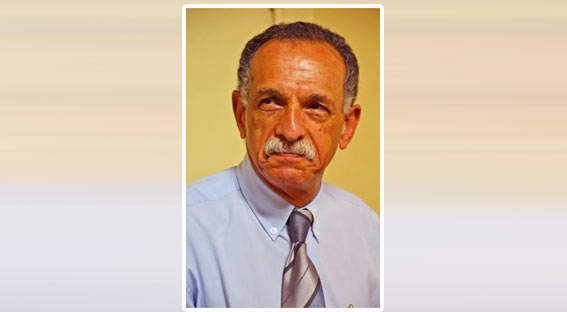Ever since President Abdel-Fattah al-Sisi announced, in the 2015 Sharm al-Sheikh Economic Forum, the plan for a mega project of a new administrative capital for Egypt, Egyptians have been following on the project with pride and admiration, always eager for the latest details. The New Administrative Capital is built on 170,000 feddans of land 60km east of Cairo, and is capable of accommodating 6.5 million people and providing some 2 million jobs once the three phases of its construction and running are completed. It aims at reducing the notoriously high population density in the current capital, Cairo.
The project is comprehensive. The new capital provides premises for official and government use; space for residential use, services, and investment; also open spaces, road and transport networks, and infrastructure. All elements of the project are designed and built according to state-of-the-art technology and construction in attractive architectural and aesthetic style.
Work in the New Administrative Capital is going full speed ahead; the final touches of phase 1 are being placed in preparation for the dry run of partially moving the government there, a step expected to take place early August 2021, according to government sources. During 2022, more residents should gradually move in as soon as more construction and infrastructure works are completed and services are fully available.
The building of the New Administrative Capital has undoubtedly involved a string of achievements that stand out in quality, variety, and speed of accomplishment. Egypt, which has behind her an age old civilisation, and which through her historic mass revolution on 30 June 2013 Revolution rid herself of the post-Arab Spring Islamic regime and turned into a modern secular country, has for the last seven years been regaining remarkable world standing. This Egypt deserves a fitting new capital. Now that she is getting it, we all feel immeasurably proud.
A number of questions, however, beg answers. They mainly revolve around the capacity of the New Administrative Capital to become a well populated, thriving city of 6.5 million residents. Will those who work there settle down comfortably in that new city, or will they have to make a daily commute from and to Cairo? It appears reasonable to assume that the first settlers might not fully settle down, whether owing to lack of convenient, affordable housing or because of family requirements that may not be fulfilled in the new city. Matters are still not clear on this front since, predictably, conditions vary from one individual or family to another.
A week from today the government should start moving its offices from Cairo to the government quarter in the New Capital. Official declarations say that the Cabinet has given those employees the choice between getting a housing stipend in order to procure adequate housing in the residential city that is being built next to the new capital, or a transport allowance for those who do not wish to move out of their current homes. Does this imply that settling down in the new capital is optional, not mandatory? It is a question that begs an answer.
Employees moving to the New Administrative Capital have been carefully selected, and have been receiving training since October 2020 to qualify them to work with the modern technological systems set up in all governmental sectors in the New Capital. However, nothing has been mentioned regarding the families of those employees; is anything being done for their spouses and children? Will the spouses be reassigned to new equivalent jobs, and will the children be relocated in schools, institutes or universities in the New Capital? I do not believe that the move to the New Administrative Capital would have been envisaged without a clear prospect of achieving human stability in the basic terms of family. Yet it is not precisely known what has been done on the ground on that score. Another question that begs an answer.
Other countries that have preceded us in establishing new political and administrative capitals include Brazil’s Brasilia, India’s Chandigarh, and South Africa’s Pretoria. These countries chose to pump populations out of the main capital, and settle them down in the new capital. The success of these new capitals was thus rated according to the portion of population moved there from the old capitals. So the success of our new capital hinges not on the city planning, construction, architecture, aesthetics, or the modern technology installed, but on the thriving new settlement it should become. It should not end up as a business destination that welcomes those who work there every morning and bids them goodbye at the end of the day. In fact, this has been the main problem with satellite towns erected east of Cairo during the last three decades: the towns of Obour, Badr and 10th of Ramdan. In case of Egypt’s New Administrative Capital, could we expect to see measures taken to ensure sufficient family stability and comfort so that residents would not need to commute back and forth to the old capital except for seasonal or social visits? This is the last question I pose today.
More questions remain, however. But they all centre on: have we focused on urbanisation but missed humans?
Watani International
23 July 2021










